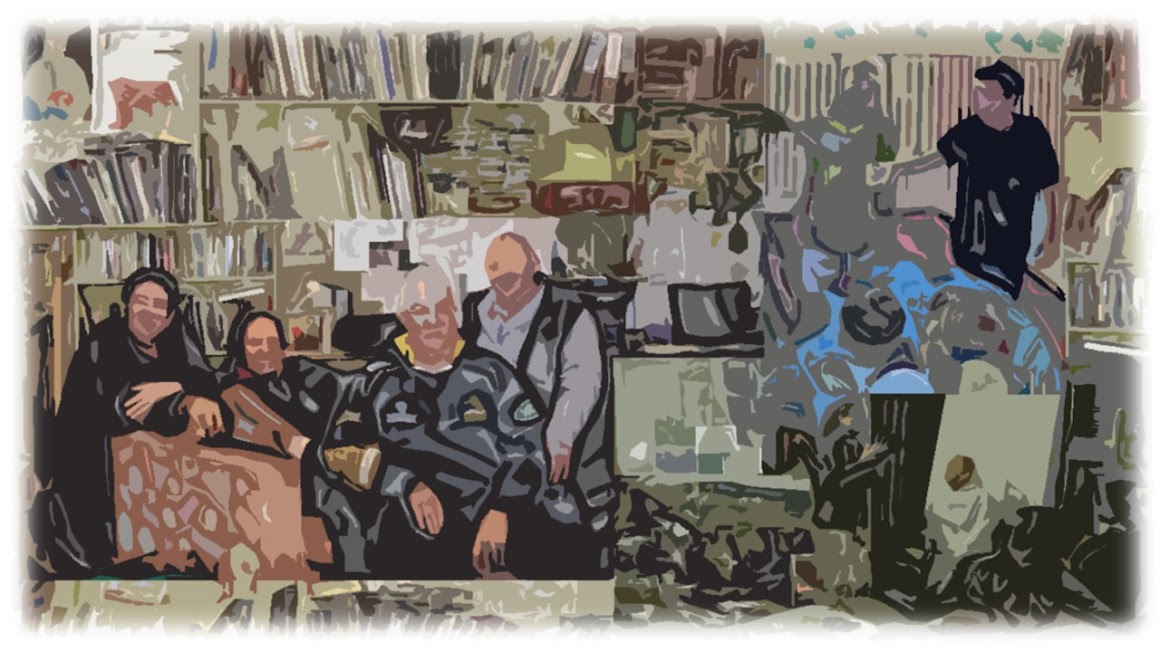The art of neuro-imaging has been in full swing for not much more than a decade. In a study of its reliability, two psychologists at the University of California at Santa Barbara concluded in 2010 that the discipline had emerged from infancy, but was still rather a mixed-up adolescent.
That may be an understatement as far as experiments on thinking, emotion and personality are concerned. A team of psychologists at MIT and the University of California at San Diego, who were puzzled by the suspiciously definitive results of many brain-scan studies on these topics, asked the authors of 55 such papers how they had analysed their data. The team reported in 2009 that over half the studies used faulty methods that were guaranteed to shift the results in favour of the correlations they had been looking for between mental activity and blips in parts of the brain. It’s worth bearing this in mind the next time you read about a brain-scan study which purportedly reveals how and why we do what we do.Ditto global warming and other 'technologically assisted' scams.
The point being made is that all 'scientific results' have one major flaw in common...the scientists themselves.
We all view the world through our particular lens, and scientific analysis no matter how 'objective' it might claim to be still begins with certain assumptions...and those assumptions are very often moulded by our worldview thus influencing the resultant 'findings' as per the example above.

No comments:
Post a Comment